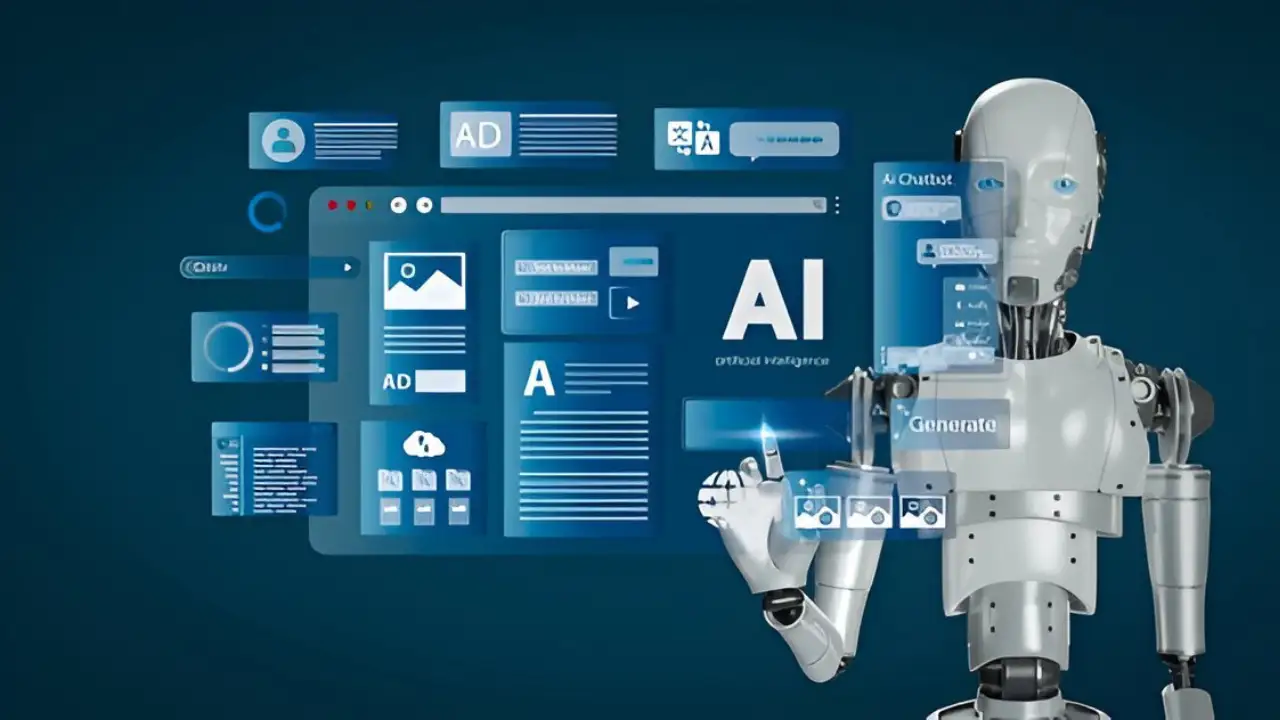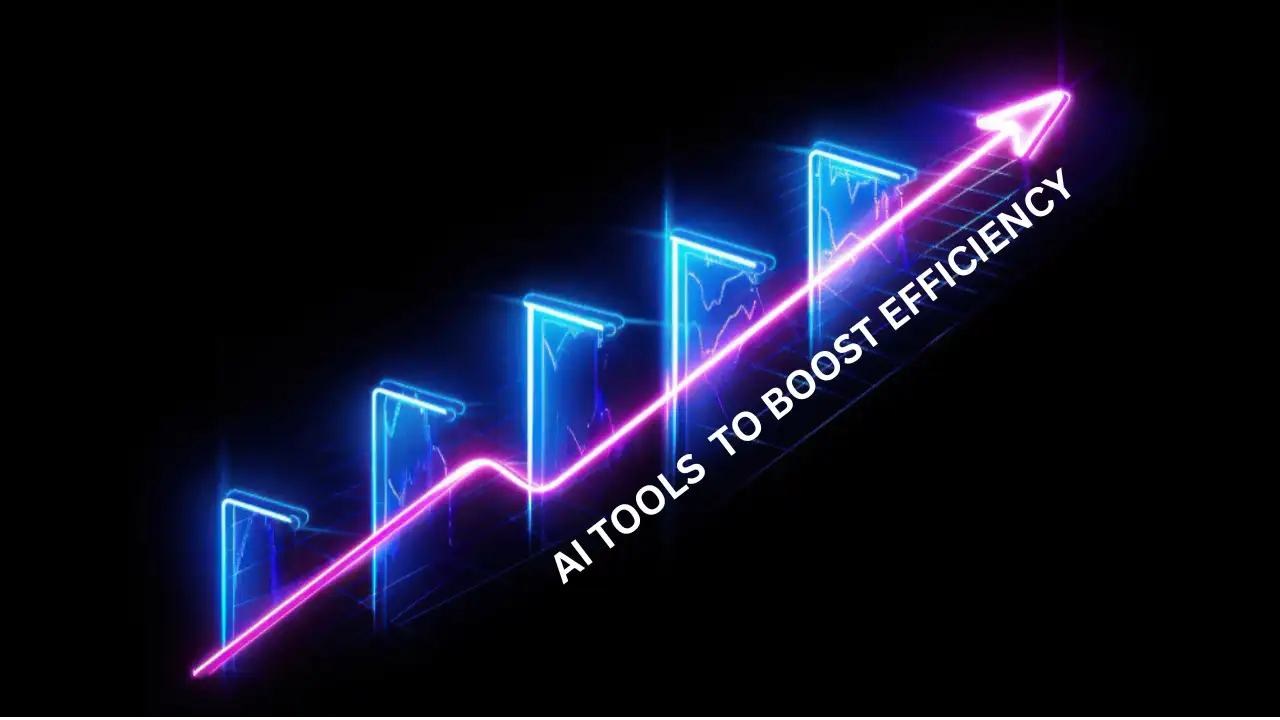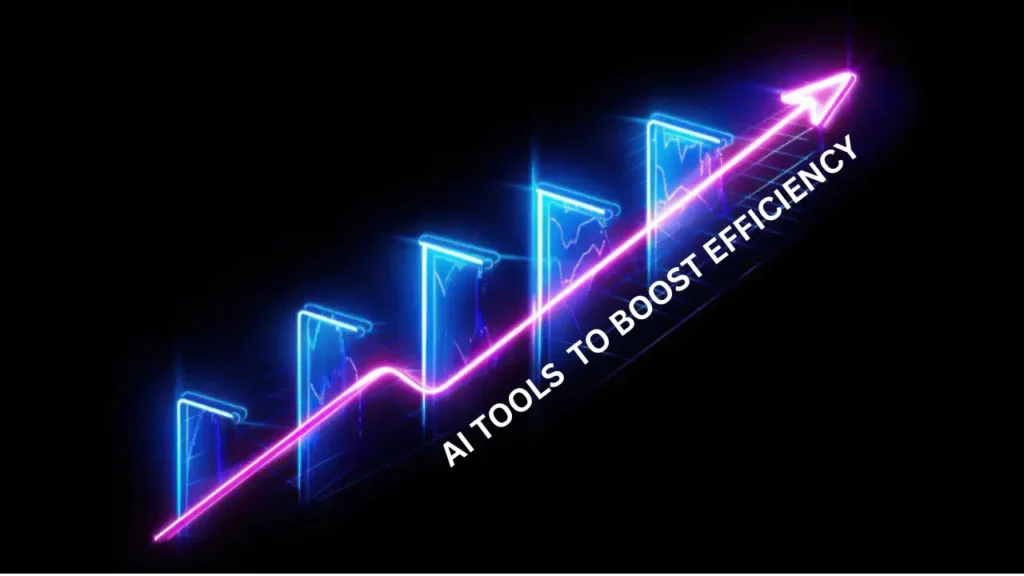The Rise of AI: Why Certifications Matter in Today’s Job Market
Artificial Intelligence (AI) has become a transformative force across various industries, revolutionizing how businesses operate and making processes more efficient. As AI continues to evolve and integrate into everyday operations, the demand for skilled professionals in this field is skyrocketing. I’ve witnessed firsthand how organizations are actively seeking individuals with a robust understanding of AI technologies and their applications. This trend signifies that obtaining certifications in AI is no longer optional but essential for anyone looking to advance their career.
Certifications serve as a benchmark of knowledge, demonstrating to potential employers that I possess the necessary skills to contribute meaningfully to their AI initiatives. They validate my expertise, making me a more attractive candidate for job openings. In a competitive job market, having a recognized certification can set me apart from other candidates. Moreover, many organizations are now prioritizing candidates with AI certifications, highlighting their relevance in today’s industry landscape.
Furthermore, certifications not only enhance my resume but also equip me with up-to-date knowledge and practical skills. The AI field is constantly evolving, and ongoing education is crucial to stay ahead. By pursuing certifications, I can ensure that my skills remain relevant and that I am well-prepared to tackle the challenges that come with this dynamic sector.
Understanding AI Certifications: Types and Levels
AI certifications can be categorized into various types and levels, each tailored to meet specific needs and career goals. Understanding these categories is vital for making informed decisions about which certification to pursue. Generally, AI certifications fall into two main categories: foundational and advanced. Foundational certifications provide a broad understanding of AI concepts and applications, while advanced certifications delve deeper into specialized areas such as machine learning, natural language processing, and computer vision.
In terms of levels, certifications can be classified as beginner, intermediate, or expert. Beginner certifications are perfect for those new to the field, offering an introduction to essential concepts and tools. Intermediate certifications build upon foundational knowledge and often require some hands-on experience. Expert-level certifications are intended for seasoned professionals seeking to validate their extensive knowledge and skills in AI.
You May Also Like: 15 Best AI Tools for Stock Analysis, Trading and Prediction
I also find it helpful to look at the specific skills and topics covered by each certification. Some may focus on programming languages like Python or R, while others emphasize frameworks such as TensorFlow or PyTorch. By identifying my career aspirations and the skills I want to develop, I can better align my certification choices with my professional goals.
Top 10 AI Certifications for 2025 and Beyond
As we look ahead to 2025 and beyond, several AI certifications stand out for their relevance and recognition in the industry. Here’s my curated list of the top 10 best AI certifications that can significantly elevate my professional skills:
- Microsoft Certified: Azure AI Fundamentals
- An introductory certification that covers essential AI concepts and services offered by Microsoft Azure.
- Google Professional Machine Learning Engineer
- Focuses on designing and implementing machine learning models using Google Cloud technologies.
- IBM AI Engineering Professional Certificate
- A comprehensive program that covers various AI and machine learning tools and techniques.
- AWS Certified Machine Learning – Specialty
- Validates expertise in building, training, and deploying machine learning models on the AWS platform.
- Certified Artificial Intelligence Practitioner (CAIP)
- A vendor-neutral certification that emphasizes practical approaches to AI implementation.
- TensorFlow Developer Certificate
- Demonstrates proficiency in using TensorFlow for building and deploying machine learning models.
- Stanford University Online Machine Learning Course
- An esteemed course that provides a deep dive into machine learning algorithms and applications.
- Deep Learning Specialization by Andrew Ng
- A series of courses that cover foundational and advanced concepts in deep learning.
- Artificial Intelligence for Business by Wharton Online
- Focuses on how AI can be leveraged to drive business value and innovation.
- AI and Machine Learning for Business by the University of Washington
- Aimed at professionals looking to integrate AI into their business strategies.
Each of these certifications offers unique benefits, and I encourage evaluating them based on my career objectives and interests. By obtaining one or more of these certifications, I can position myself as a knowledgeable professional in the AI domain.
Microsoft’s Azure AI Certifications: A Deep Dive
Diving deeper into Microsoft’s offerings, their Azure AI certifications have gained immense popularity. These certifications validate my understanding of AI concepts and the ability to implement them using Azure AI services. The Azure AI Fundamentals certification is an excellent starting point for beginners. It introduces core AI concepts and helps me understand how to leverage Azure’s capabilities in AI development.
Once I’ve grasped the fundamentals, I can consider pursuing the Azure Data Scientist Associate or Azure AI Engineer Associate certifications. These certifications require a more in-depth understanding of machine learning and AI model deployment. They also involve hands-on experience in using Azure tools and services, which is invaluable in real-world applications.
You May Also Like: The Top 10 AI Video Editing Tools for Free
Microsoft Azure certifications are particularly beneficial for individuals working in organizations that heavily utilize Microsoft products. They not only enhance my resume but also provide practical skills that can be immediately applied in the workplace. As I explore these options, I can better understand how to integrate AI solutions into existing business processes and improve overall organizational efficiency.
Free AI Certifications: Building Skills on a Budget
I understand that pursuing certifications can sometimes be costly. However, there are numerous free AI certifications available that allow me to build my skills without breaking the bank. These programs are often provided by reputable institutions and online platforms, ensuring that I receive quality education at no cost.
One excellent resource is Coursera, which offers free access to various AI courses and certifications from top universities like Stanford and Google. While I may need to pay for a certificate, the course content is usually free, allowing me to learn at my own pace. Additionally, edX provides several free courses in AI and machine learning, making it easier for me to gain foundational knowledge.
Moreover, platforms like Kaggle offer free courses focused on practical applications of machine learning and data science. Participating in Kaggle competitions also allows me to apply my skills and gain real-world experience. These free resources are essential for anyone looking to enter the field or enhance their existing skill set while being mindful of their budget.
Comparing the Best AI Certifications: Which One is Right for You?
Choosing the right AI certification can be a daunting task, given the plethora of options available. I find it helpful to create a comparison chart to weigh the pros and cons of each certification. Here’s a simplified version of what my chart may look like:
| Certification | Level | Focus Area | Cost | Duration | Provider |
|---|---|---|---|---|---|
| Azure AI Fundamentals | Beginner | AI Concepts | Free | Self-paced | Microsoft |
| Google ML Engineer | Professional | Machine Learning | $200 | 3-6 months | |
| IBM AI Engineering | Professional | AI Tools | $39/month | 3-6 months | IBM |
| AWS ML Specialty | Professional | AWS ML | $300 | 2-3 months | Amazon |
| CAIP | Intermediate | Practical AI | $299 | 2-3 months | CertNexus |
This table helps me visualize the key aspects of each certification, making it easier to assess which aligns with my career goals and budget. I recommend considering factors such as my current skill level, the industry I work in, and the specific skills I wish to acquire.
It’s also important to research the reputation of the certification provider. Certifications from well-recognized institutions or companies typically carry more weight in the job market. By carefully comparing the options, I can make a more informed decision about which certification will best enhance my career prospects.
Industry-Specific AI Certifications: Tailoring Your Expertise
As I delve deeper into the world of AI, I realize that industry-specific certifications can significantly enhance my employability and expertise. Different sectors, such as healthcare, finance, and manufacturing, have unique requirements and challenges related to AI implementation. Obtaining certifications tailored to these industries allows me to specialize and demonstrate my knowledge in specific applications of AI.
For instance, the Artificial Intelligence in Healthcare Certificate from Stanford University focuses on how AI technologies can improve patient outcomes and streamline administrative processes. This certification is invaluable for professionals in the healthcare sector who want to leverage AI for better decision-making and operational efficiency.
Similarly, the AI in Finance certification can be beneficial for those working in financial services. This program covers topics such as algorithmic trading, fraud detection, and risk management, equipping me with the skills to navigate the complexities of AI in finance.
By pursuing industry-specific certifications, I can position myself as an expert in my chosen field, making me a more attractive candidate for job opportunities. Furthermore, these certifications often provide insights into best practices and emerging trends within the industry, allowing me to stay ahead of the curve.
You May Also Like: 10 Best AI Tools for Code Completion and Generation
The ROI of AI Certifications: Career Advancement and Salary Boost
Investing in AI certifications can yield significant returns, as I have seen in numerous case studies and personal experiences. The initial cost and time commitment associated with obtaining a certification are often outweighed by the potential for career advancement and salary increases. According to various industry reports, professionals with AI certifications tend to command higher salaries and have better job prospects compared to their non-certified peers.
For example, a recent survey indicated that individuals with a Google Professional Machine Learning Engineer certification reported an average salary increase of 20% after obtaining their certification. This increase is not just a reflection of their enhanced skills but also their ability to contribute to their organizations in meaningful ways.
Additionally, many companies are now willing to invest in employee development by covering the costs of certifications. This trend illustrates the growing recognition of the value that AI skills bring to the organization. By pursuing certifications, I am not only investing in my career but also aligning myself with the strategic goals of my employer, which can lead to further advancement opportunities.
How to Prepare for AI Certification Exams: Tips and Resources
Preparing for AI certification exams requires a strategic approach to ensure success. I have found that creating a study plan is essential. By outlining my goals, breaking down the topics I need to cover, and allocating specific study times, I can stay organized and focused.
Utilizing diverse resources is also crucial for my preparation. Online platforms like Coursera, edX, and Udacity offer comprehensive courses tailored to various AI certifications. Additionally, I can explore forums such as Stack Overflow and Reddit to engage with other learners and share insights.
Mock exams and practice tests are invaluable tools for gauging my readiness. Many certification providers offer sample questions or practice exams, which help me familiarize myself with the exam format and types of questions. By consistently testing my knowledge, I can identify areas that require further study and boost my confidence leading up to the exam.
Moreover, joining study groups or online communities can provide additional support. Engaging with peers who are also preparing for the same certification creates opportunities for collaboration and knowledge sharing. This collective learning experience can enhance my understanding and retention of complex concepts.
Future-Proofing Your Career: Combining AI Certifications with Other Skills
As the job market evolves, I realize that possessing a diverse skill set is crucial for future-proofing my career. While AI certifications provide essential knowledge, combining them with other complementary skills can significantly enhance my employability. For instance, expertise in data analytics, programming languages, or cloud computing can make me a more well-rounded candidate.
Learning programming languages such as Python or R is invaluable for implementing AI algorithms and models. Additionally, understanding data visualization tools like Tableau or Power BI can help me present my findings effectively, making my insights more accessible to stakeholders.
Moreover, soft skills such as critical thinking, problem-solving, and effective communication are equally important. As AI technologies become more integrated into business processes, the ability to communicate complex ideas clearly will set me apart from others in the field. Employers increasingly value professionals who can bridge the gap between technical expertise and business acumen.
By adopting a holistic approach to skill development, I can ensure that I remain competitive in an ever-changing job market. Combining AI certifications with other relevant skills will not only enhance my current capabilities but also open new career opportunities.
AI Certification Success Stories: Real-World Applications and Outcomes
Hearing about success stories from individuals who have pursued AI certifications can be incredibly motivating. Many professionals have shared their experiences, highlighting how obtaining certifications has transformed their careers. For instance, one individual I spoke with transitioned from a traditional IT role to a data scientist position after completing the IBM AI Engineering Professional Certificate. This certification provided them with the technical skills needed to analyze data and build predictive models, which ultimately led to a significant salary increase.
Another inspiring story comes from a healthcare professional who pursued the AI in Healthcare Certificate. They applied their newfound knowledge to implement AI-driven solutions that improved patient care and streamlined hospital operations. Their organization recognized their contributions, leading to a promotion and increased responsibilities.
I also find it encouraging to see how businesses are benefiting from certified professionals. Companies that have embraced AI technologies often cite the importance of having skilled employees who can effectively implement and manage these solutions. The positive impact on productivity, cost savings, and innovation underscores the value of investing in AI certifications.
These real-world applications demonstrate that obtaining AI certifications is not just a personal achievement but can also lead to significant contributions to organizations and industries. I am inspired to pursue my own certification journey, knowing that it can lead to transformative outcomes for both my career and the companies I work for.
Conclusion: Elevating Your Professional Skills with AI Certifications
In conclusion, the journey to enhancing my professional skills through AI certifications is both rewarding and essential in today’s job market. As I navigate this dynamic field, I recognize the importance of choosing the right certifications that align with my career goals and interests. From foundational courses to advanced industry-specific programs, there is a wealth of options available to suit my needs.
By investing in AI certifications, I am not only equipping myself with the technical skills necessary for success but also positioning myself as a valuable asset in any organization. The potential for career advancement, salary increases, and the ability to contribute to innovative AI solutions are compelling reasons to pursue these credentials.
As I prepare for the challenges ahead, I am excited about the opportunities that lie in the intersection of AI and various industries. I encourage anyone interested in elevating their professional skills to explore the best AI certifications available and embark on their own journey of growth and learning.
Ready to take the next step in your career? Explore the best AI certifications today and unlock new opportunities for professional growth!













